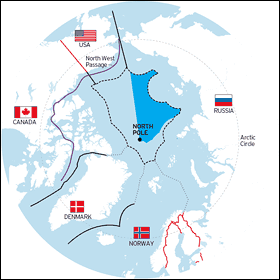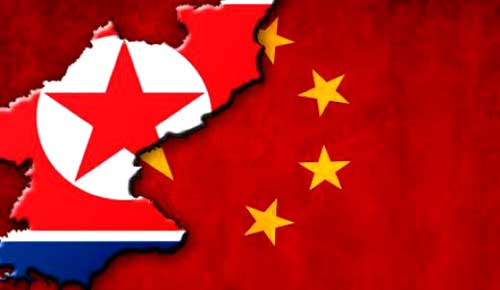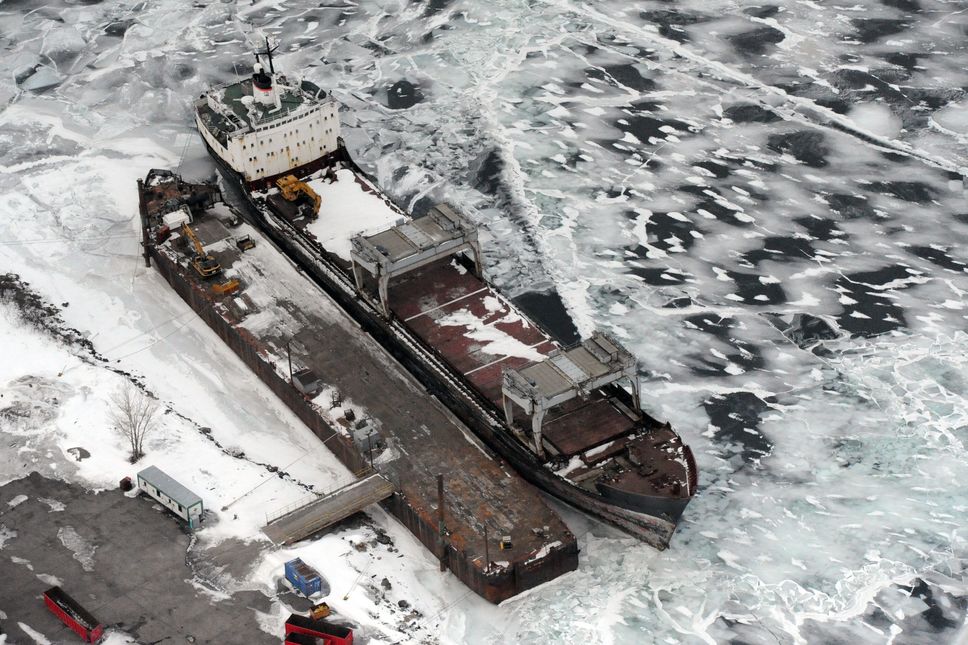“How do you motivate a lucky country to do anything of global import and consequence?” asked the University of Toronto’s Irvin Studin when discussing Canada. He and fellow professor Michael Morgan argue that Canadians are strategically lazy. They argue that the country should rely on its “killer instinct” that Canadians take to hockey, for example.
As Studin admits, many Canadians don’t see the need. Since the 1871 Treaty of Washington, Canada has not had to fear a US invasion and despite fighting in both world wars it was never threatened with conquest. Certainly, during World War II Canada suffered a major grand strategic shock when Britain became unable to support it. However, Prime Minister Mackenzie King was able to turn to a friendly United States, which in the Ogdensburg Agreement of 1940 replaced Britain as Canada’s protector. During the Cold War Canada remained under the US defense guarantee, and following the end of the Cold War Canada has enjoyed a high degree of safety and security. While terrorism continues to pose a real threat to Canadians, to date intelligence and law enforcement have been very effective at thwarting plots.
Essentially, Canada has been strategically lucky. As a result, Canadians are easily prone to strategic complacency, predicated on the belief that Canada will continue to enjoy the same luck in the future.
But, as Studin argues, that luck may change. In particular, major transformations in international relations are already impacting Canada’s strategic outlook and will do so more forcefully in the future.
First, the United States is declining relative to other powers and can no longer act as a hegemon dominating the international system. This does not mean that the US is declining in absolute terms. Indeed, the US population, labour force, and economy are expected to grow significantly into 2050. Nevertheless, it is clear that the unchallenged dominance that the US enjoyed following the Cold War is over.
President Barack Obama made this clear in his address to the UN in September. As he said, “The notion of American empire may be useful propaganda, but it isn’t borne out by America’s current policy or by public opinion.” Instead, Obama argued that owing to “a hard-earned humility” the US would pursue limited goals in the Middle East. He even warned of the possibility of US disengagement that would leave “a vacuum of leadership.”
Second, the Asia-Pacific is increasingly becoming the centre of global wealth and power. In 2011, 4.2 billion people, or 60% of the world’s population, lived in the region. Goldman Sachs predicted in 2012 that by 2050 the top three economies will be China, the US, and India, with China well ahead of both the US and India. Beneath them will be emerging powers like Brazil, Russia, Japan, Mexico, and Indonesia, with NATO members France and the United Kingdom below them. Newfound wealth is easily translated into military capability. Thus, from the mid-1990s until the late 2000s China’s economic growth coincided with a six-fold increase in its military budget.
As Studin maintains, these two trends converge for Canada in the Arctic region. The Arctic has enormous oil and gas deposits and is becoming a strategic chokepoint as the ice melts. The South China Sea, which also has large oil and gas deposits and is a key trade route, has become the scene of intense militarized competition between China, the US, and Southeast Asian nations like Vietnam and the Philippines. It is possible that similar developments could be replicated in the Arctic, posing a direct threat to Canada.
Moreover, Canada cannot rely on the US to guarantee its Arctic security. Despite Canada’s defence partnership with the US, it has acted against US strategic preferences to secure its Arctic interests. For instance, Prime Minister Pierre Trudeau unilaterally extended Canada’s Arctic jurisdiction in the Arctic Waters Pollution Prevention Act against strong US objections. Trudeau knew that, as historian Jack Granatstein noted, Canadian “interests may be sacrificed or overridden by superpowers following their own Grand Strategy.” Hence he acted on his own protect Canada’s interests.
In addition, it is not clear that the US will have the capability to defend Canada’s Arctic national interests in the future. As US military capabilities decline relative to those of China and other powers, the US ability to defend the Arctic will weaken.
According to polling, a majority of Canadians see Arctic sovereignty as the top foreign policy goal. Perhaps it is this issue that will direct public attention to the imperative to develop a coherent grand strategy.




